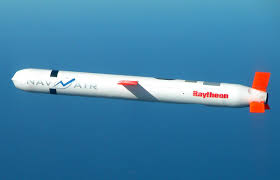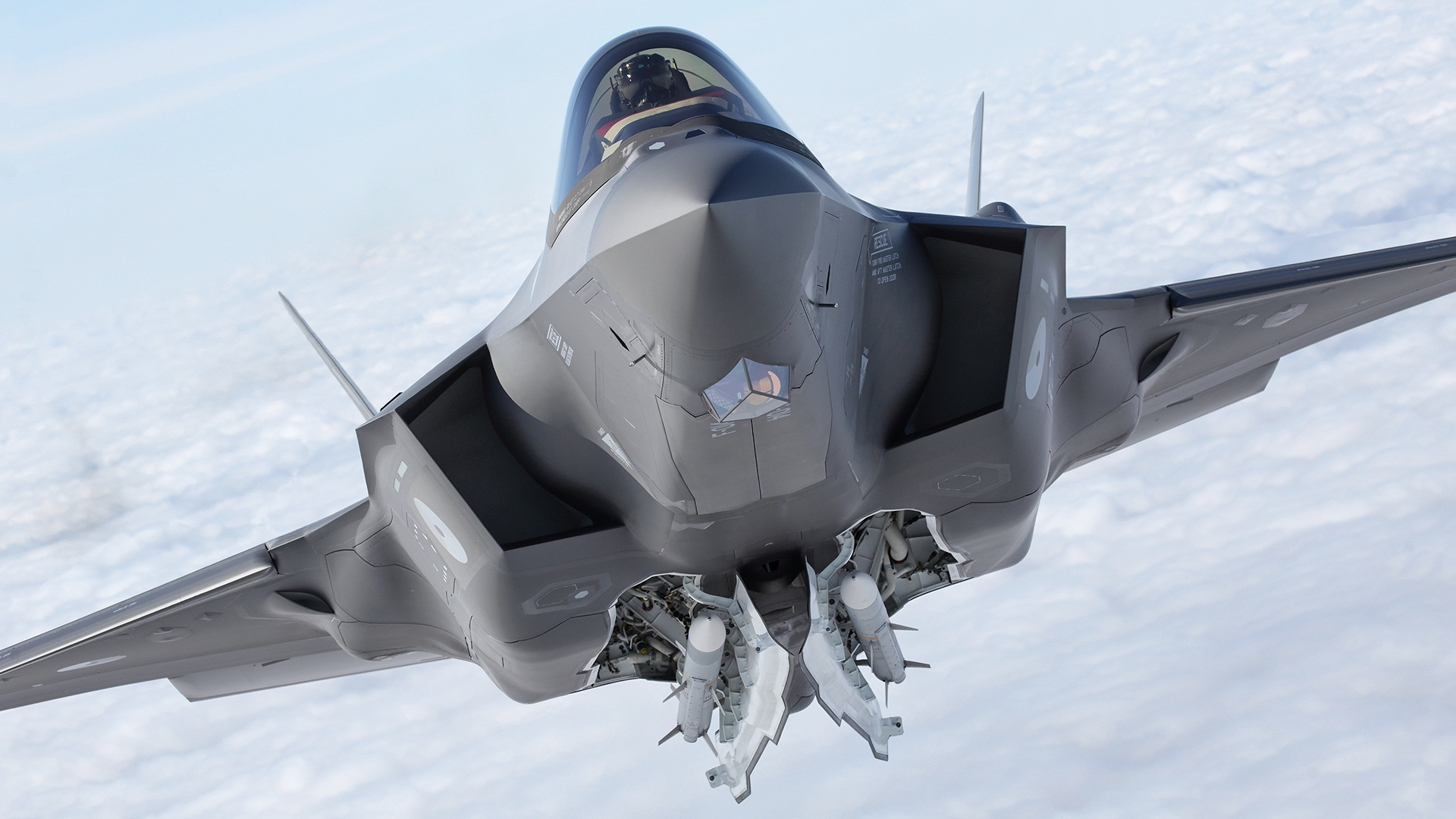
Introduction
As we move further into the 21st century, the landscape of weapons technology is changing at an unprecedented pace. With advancements in artificial intelligence, robotics, and materials science, the nature of arms warfare is being transformed. Understanding these developments is crucial for global security, military strategy, and international relations.
Recent Developments
In recent months, a significant focus has been on the development of autonomous weapons systems, which can operate without direct human intervention. Countries such as the United States, Russia, and China are heavily investing in these technologies, leading to concerns about the ethical implications and potential for misuse. The UN has been actively discussing the need for regulations surrounding such systems, highlighting the urgent need to ensure these weapons do not breach humanitarian law.
Additionally, the proliferation of drone technology has made waves in modern warfare. Unmanned aerial vehicles (UAVs) are being used not only for surveillance but also for targeted strikes, redefining the concept of remote warfare. Recent conflicts have demonstrated the effectiveness of drones in gathering intelligence and conducting operations with reduced risk to personnel.
Legislation and Global Response
In response to these advances, several nations are evaluating their military policies. In September 2023, the European Union proposed a framework to establish common standards for the use of advanced weaponry, aiming to prevent an arms race in autonomous systems. This proposal emphasizes collaborative efforts among member states to ensure responsible weapons exports and the alignment of technological advancements with ethical standards.
Conclusion
As weapons technology continues to evolve rapidly, it poses both opportunities and challenges for global security. The introduction of autonomous systems and drones signifies a shift towards more technologically advanced warfare, necessitating robust international dialogue and regulation. Moving forward, it will be critical for governments and regulatory bodies to engage in discussions about ethical implications and accountability to ensure that advancements in weaponry contribute positively to global stability rather than exacerbate conflicts.
You may also like

The Strategic Importance of Tomahawk Missiles in Warfare

The Evolution of Weapons Cast Technologies
